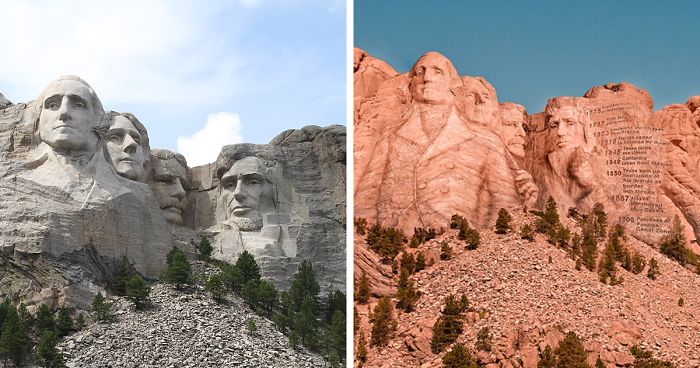
Digital Technology Lets Us See 5 U.S. Memorials And Monuments That Were Never Built
Whether we’ve learned about them at school or been taken there on a trip by our parents, we all know about most of the famous monuments and memorials across the USA.
But you actually don’t know half the story, because there are so many incredible monuments and memorials that weren’t even built. Luckily for you, they’ve been recreated with digital magic, so you can ‘visit’ them all right here.
More info: cashnetusa.com
Some of them might seem familiar, but wait til you see how differently they could have turned out.
These are five of the monuments that we could have seen today if they’d got the go-ahead.
Which one is your favorite?
Mount Rushmore National Memorial (Keystone, South Dakota)
Everyone knows this one. The heads of Presidents Washington, Jefferson, Roosevelt and Lincoln forever immortalized on the side of a mountain. But it could have looked very different, with much more than just their heads carved into the rock, and with a timeline of American highlights inscribed next to them. Simple is better and the real Mount Rushmore looks much more iconic.
It could have been even more different, as the original plan, from Doane Robinson, the superintendent of the South Dakota State Historical Society, was to pay tribute to the likes of Chief Red Cloud, Buffalo Bill Cody and Lewis and Clark. His idea fell through when sculptor Gutzon Borglum made it clear that he would only do the work if the subjects were a bit more grand and timeless than these local legends, while the more prosaic explanation of lack of funds is why the sculptures ended at the neckline rather than showing more of the Presidential bodies.
Democracy Uniting the World (San Pedro, California)
In the 1950s, America was very keen on spreading democracy around the globe to see off the perceived menace of communism, so this monument was planned for the West Coast, with the intention that it would stand there proudly showcasing democracy for all the people in Asia to see. Or at least any with extremely powerful telescopes, which is perhaps why Democracy Uniting The World didn’t even manage to unite the people responsible for approving for and paying for it.
The monument would have been 480 feet tall, on a drum base 46 feet high, topped with a bronze globe 125 feet in diameter, with three figures, each 250 feet tall, on top of historical and art museums all about the world’s democracies. LA County supervisor John Anson Ford said the project would be: “combining considerations of statesmanship, education and art, of profound international significance.” Unfortunately, not enough people agreed with him.
National American Indian Memorial (Staten Island, New York)
Buffalo Bill Cody was almost immortalized on Mount Rushmore and almost inspired the creation of another monument. America nearly paid tribute to its native citizens with a monument similar to (actually sculpted by the same person) the famous Lincoln Memorial. The idea came to retail heir Rodman Wanamaker after a mean with Cody.
The statue – of a Native American chief with his hand extending to sea in the sign of peace – would have stood taller than the Statue of Liberty, on top of a Neo-Aztec pyramid on top of an Egyptian revival style museum. However, the land it was to be built on was a Naval base that suddenly needed to be used for the outbreak of World War I.
Mother’s Memorial (Washington, D.C.)
Mrs. Clarence Crittenden Calhoun had an idea. Instead of memorialising war generals and potentially divisive political figures, why not focus on someone we all owe a lot to – our moms? “The world has memorialized fighters, thinkers, monarchs and prophets, sea kings and generals,” she said. “But as yet no monument to the mother genius has been raised in imperishable stone, beautified by art and sculpture, to proclaim the debt each mortal owes to the woman who risked her own life to give life.”
Of course, as a mother of 12 children, she did have rather a vested interest in paying tribute to mamas, but then got involved with a bitter legal battle with the designer of this epic memorial, who claimed that Mrs Calhoun owed him $500,000 for work he’d done on the designs, and the sorry story ended in his death from a heart attack and the end of the project.
Liberty Memorial (Kansas City, Missouri)
Paying tribute to those who have given their lives for the sake of liberty always requires a compromise between grief for those lost and joy for what they accomplished. Or as the competition notes for a war memorial in Kansas City put it: “A memorial that shall symbolize the dawn of a warless age and do honor to those who died that such an age might be a human heritage.”
The strong and powerful illuminated beacon at the National WWI Museum and Memorial in Kansas sums up the more positive side of that argument, but Bertram Grosvenor Goodhue had other ideas when he entered the competition, designing a Gothic Revivalist walled acropolis that didn’t so much soar as sink into melancholy reflection. The judges politely described it as the ‘most dramatic’ entry, but then put it in fourth, opting for the design we know today.
14Kviews
Share on FacebookI wish the National Native American Monument had been built, even if it was in a different location
Mt Rushmore should never been built, if ever it would be a national native American monument as it's a holy mountain.
I wish the National Native American Monument had been built, even if it was in a different location
Mt Rushmore should never been built, if ever it would be a national native American monument as it's a holy mountain.

 Dark Mode
Dark Mode 

 No fees, cancel anytime
No fees, cancel anytime 












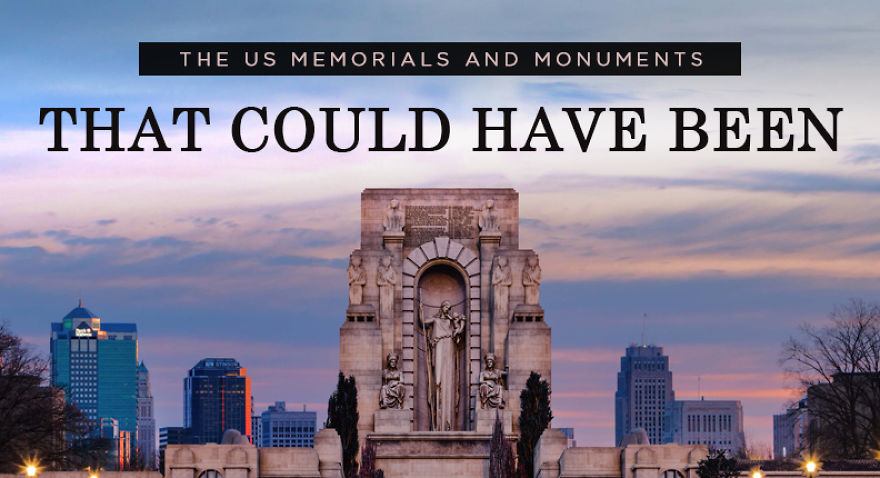
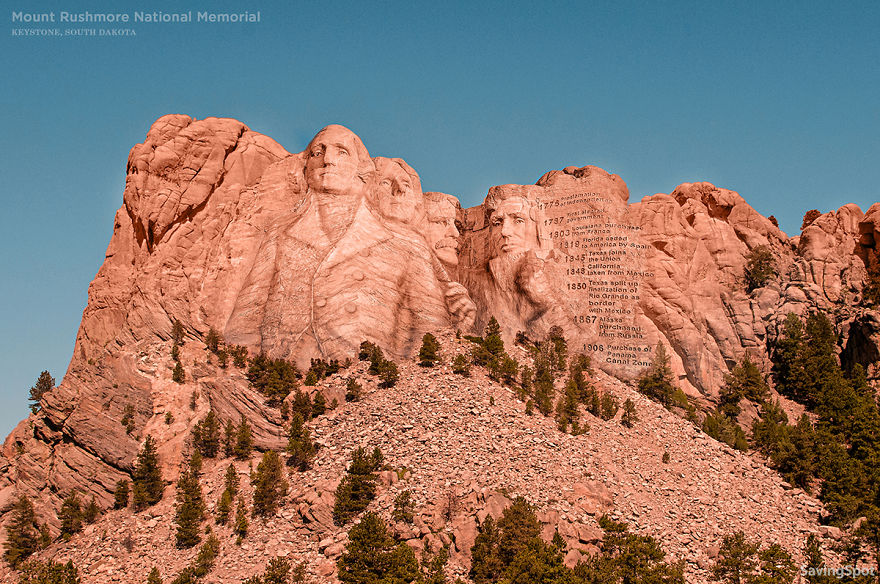
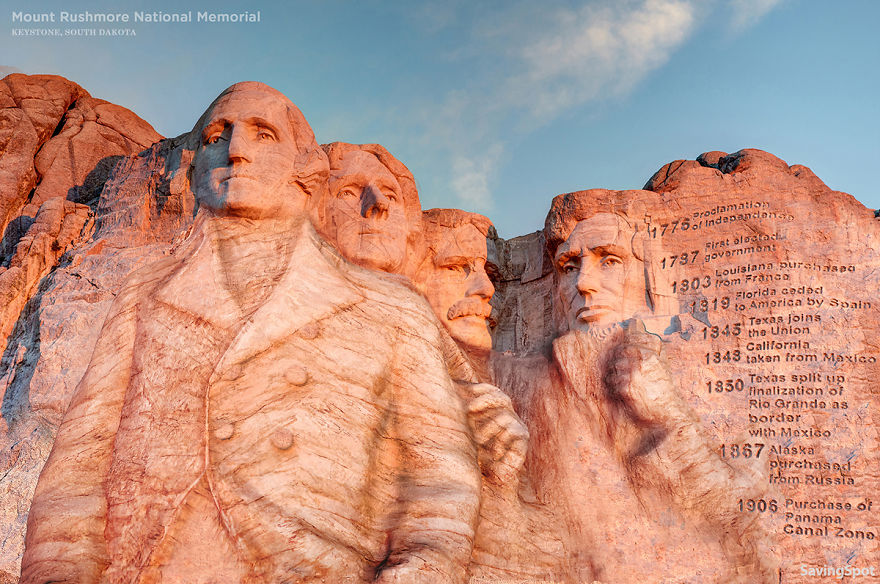
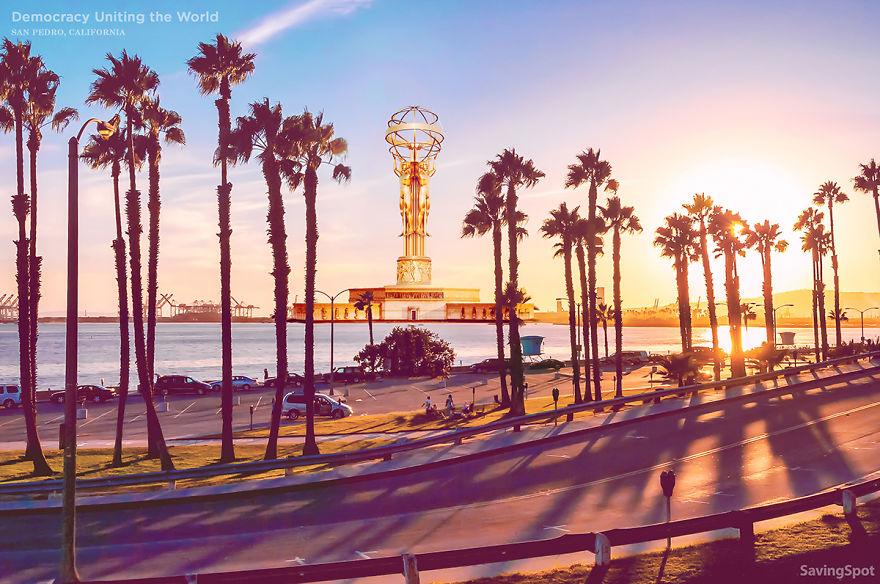
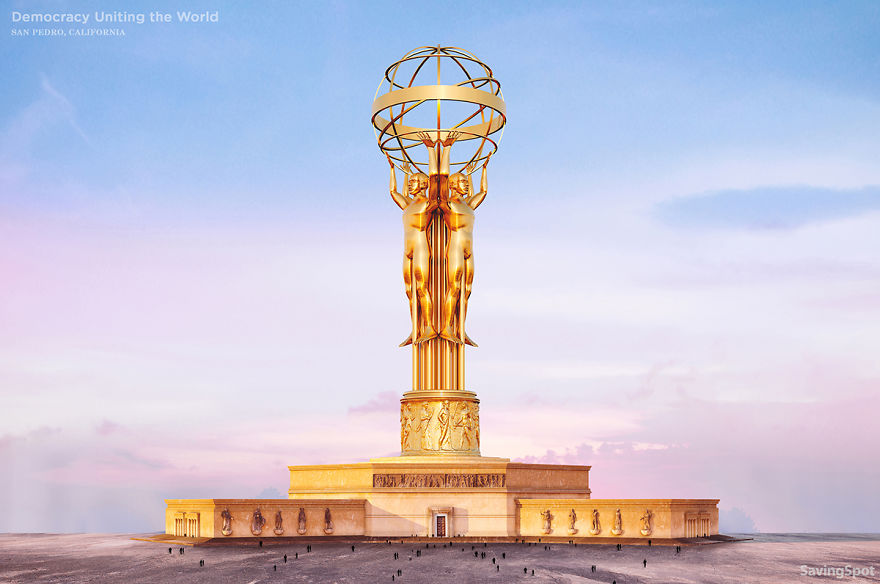
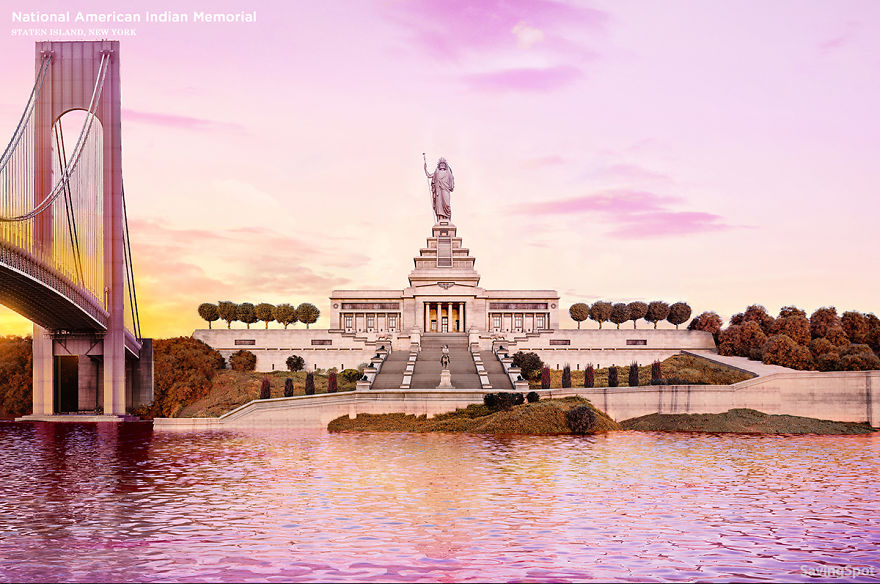
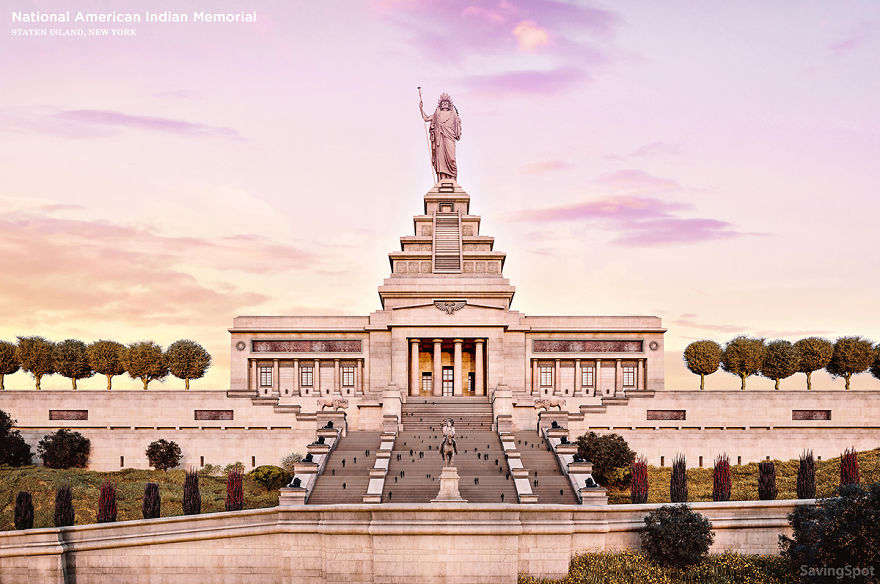
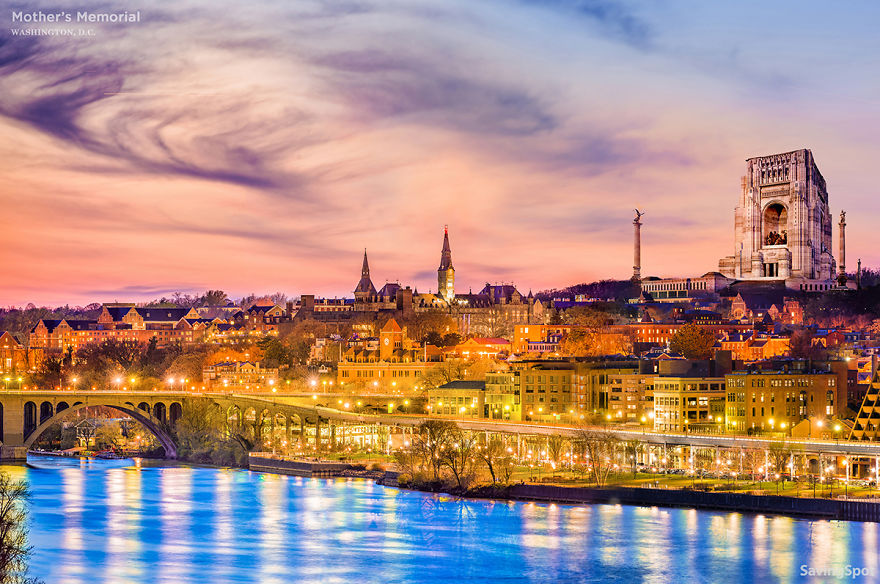
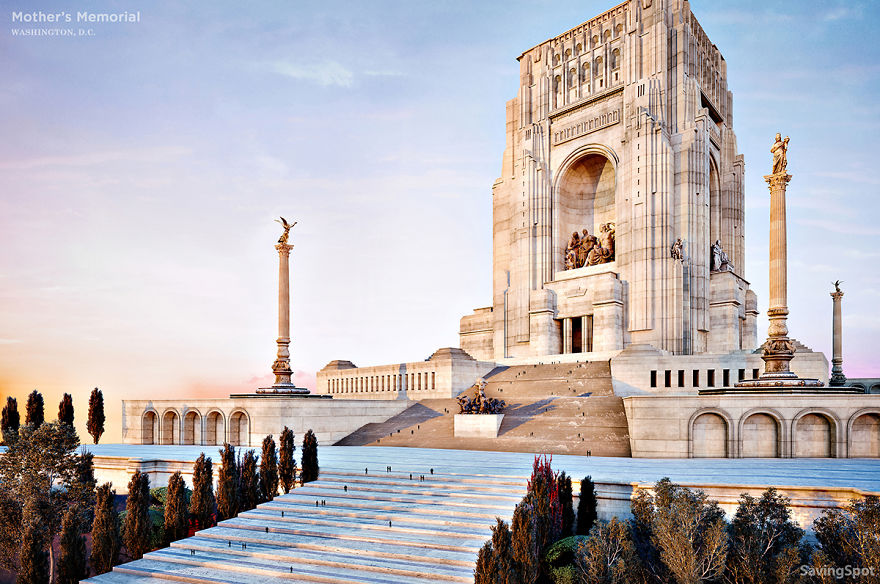
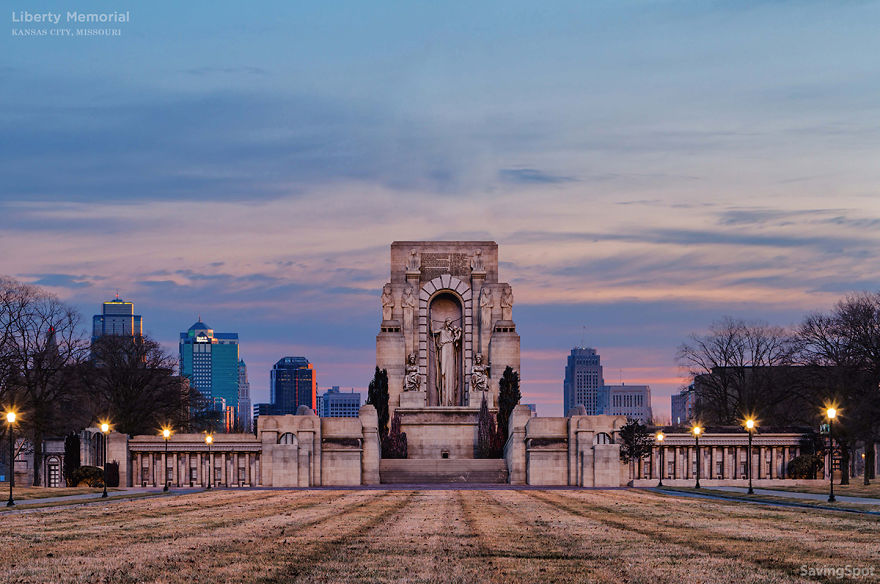
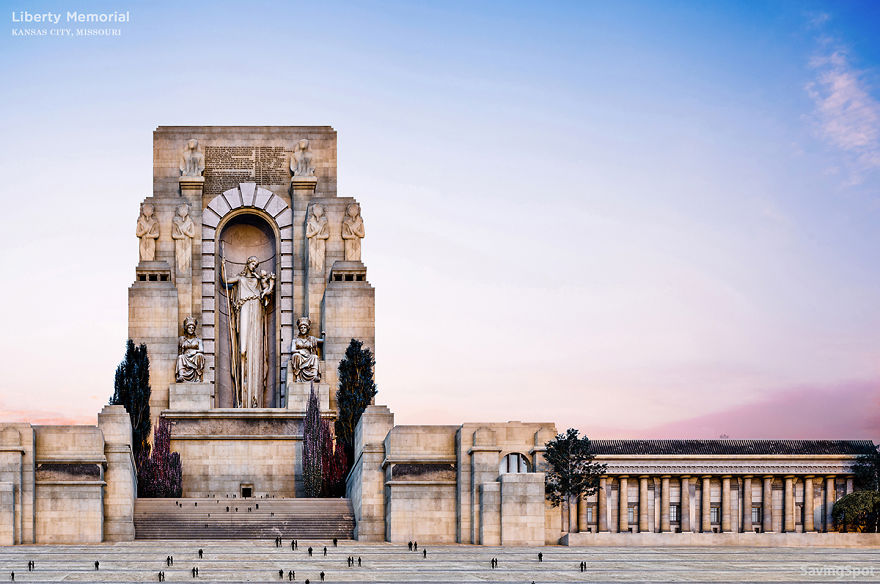








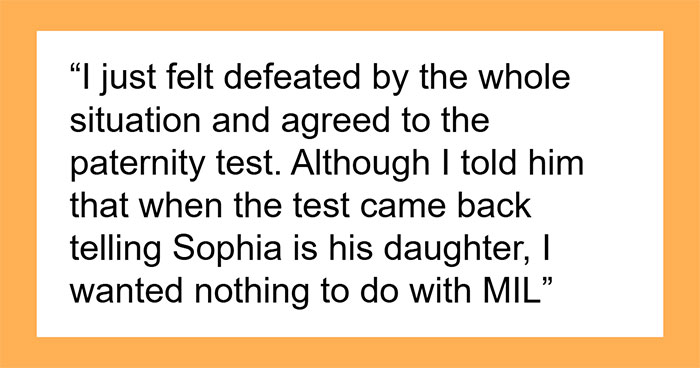





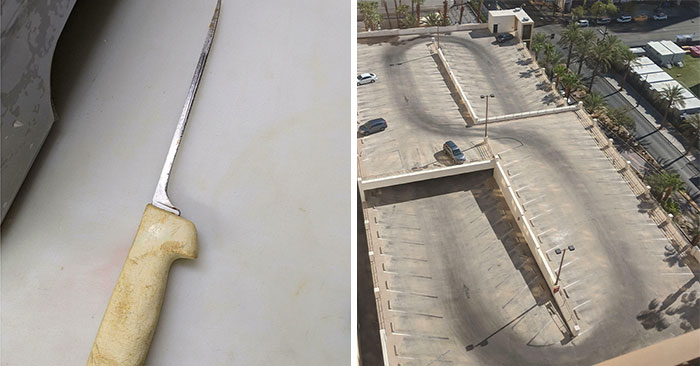


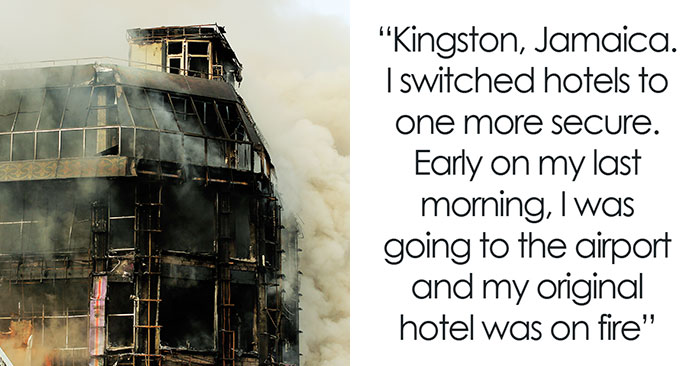
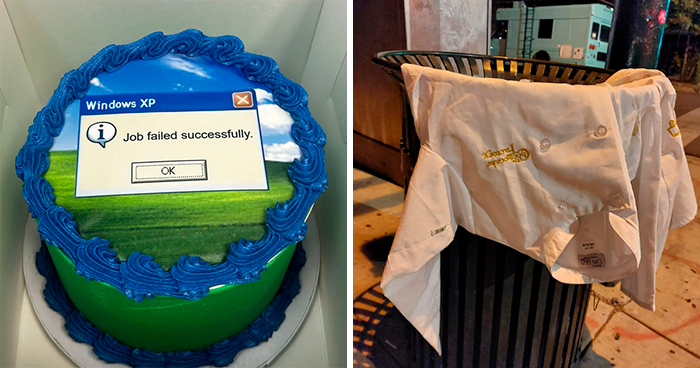



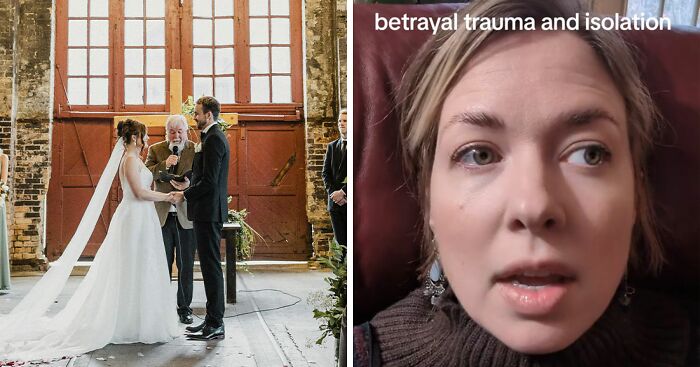
81
12